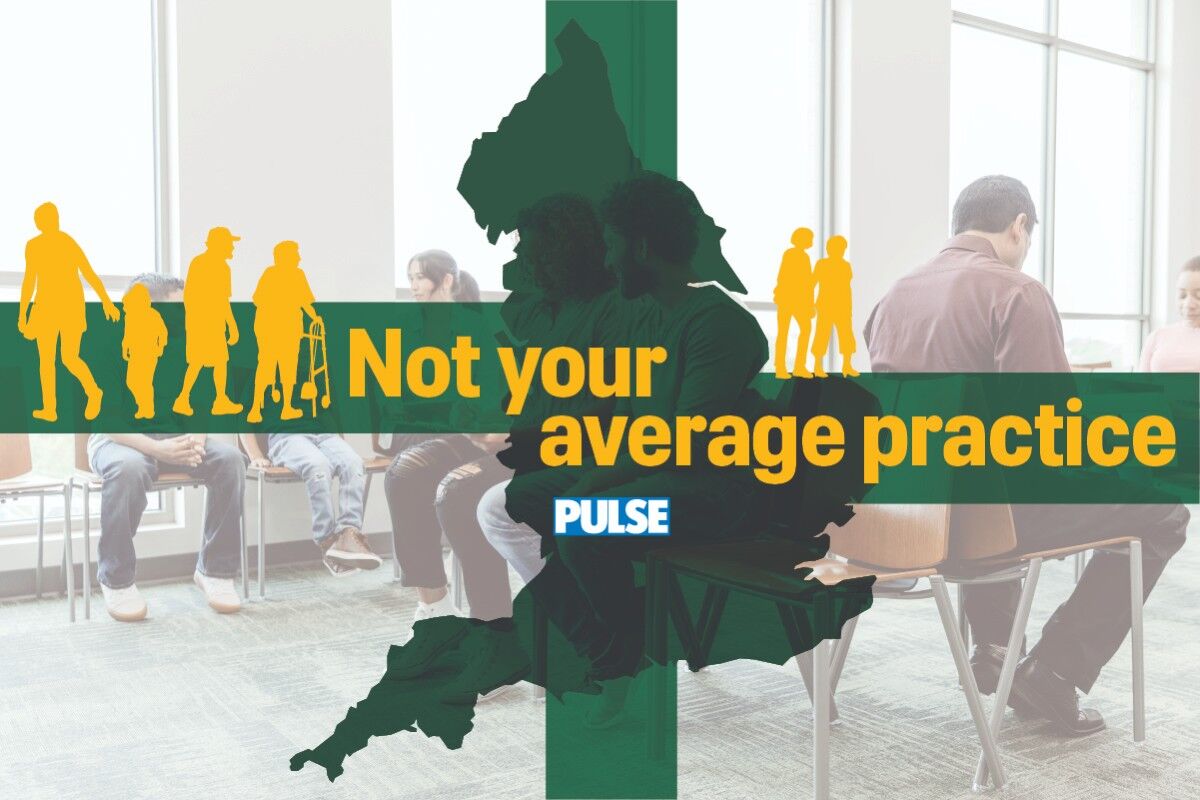A total of 17 CCGs have more than £2m remaining funds available between them for practices to potentially access by the end of the financial year, a Pulse Intelligence investigation has found.
The funding is what is left of budget allocations devolved to CCGs by NHS England to support primary care development in 2019/20, including GP Forward View (GPFV) funding streams such as practice receptionist training and GP retention schemes.
The information comes from responses to Freedom of Information requests sent to 191 CCGs. Out of a total of 161 responses, 17 CCGs reported having some remaining funds in NHS England schemes.
Most of the remaining unallocated funds are badged for key GPFV initiatives used to support training for receptionist and clerical staff, adoption of online consultation systems, practice resilience and retention of GP staff.
Examples of CCGs that report remaining funds under these schemes include:
- NHS Hounslow CCG – £51,000 unspent funds for ‘Receptionist and clerical training’
- NHS East and North Hertfordshire CCG – £32,000 for ‘Online consultation development’
- NHS West Essex – £31,000 for ‘Practice resilience programme’
- NHS Gloucestershire CCG – £34,000 for ‘GP retainer scheme’
Elsewhere a handful of CCGs also reported having funds left for other GPFV initiatives including the Estates and Technology Transformation Fund (ETTF), the International GP recruitment programme and Extended access initiatives.
These include:
- NHS Waltham Forest CCG – £79,000 for International GP recruitment and £399,000 for ETTF
- NHS West Essex – £193,000 for ‘Extended hours access’
- NHS North Cumbria CCG – £136,000 for GPFV £1.40 per head funds still to be committed
- NHS Trafford CCG – £28,000 left for ‘GP Excellence’
The full list of CCGs with funding available is available on the Pulse Intelligence website, where you can see a breakdown of the schemes and available funds for each.
CCGs told Pulse that practices are encouraged to contact them with ideas for potential projects they could support under available funds – although they may need to do this as part of their primary care network (PCN), federation or other collaborative group.
For example, NHS Hounslow CCG told Pulse Intelligence in a statement: ‘As with all of the training programme schemes, practices can contact the CCGs with suggestions or areas of need and we will judge how best to utilise the funding available. It is worth noting that because there are only small amounts of money available we do not routinely fund individual practices for any schemes.’
Elsewhere, NHS Gloucestershire CCG said: ‘As with all NHSE funding streams of this kind, we are actively communicating with our GP practices and PCNs to ensure that we maximise opportunities to utilise the funding during this period.
‘Practices in our area have a strong track record for innovation and new ways of working and continue to make significant progress in this regard.’
A spokesperson for NHS North Cumbria CCG, which reported remaining GPFV funds overall rather than specified by scheme, said: ‘Previous applications already approved include investments as broad as staffing for Frail Elderly Teams, Document Management Systems and Pilot Telemedicine Projects.
‘We are working with our Primary Care Network leaders to support them to determine how to utilise this resource most effectively and those conversations are ongoing.’
NHS Shropshire CCG reported that £87,500 left to support training general practice nurses had been split, so half is being used this financial year for training existing nurses and the rest to support newly qualified nurses in 2020/21 – with practices invited to request access to this funding ‘over the next few weeks’.
In a statement NHS Shropshire CCG said: ‘Given that the CCG’s member practices do not have significant numbers of newly qualified nurses, NHSE/I have agreed to the CCG’s plans to use over half of this funding in the 2019/20 financial year on leadership training for existing general practice nurses.
‘The remaining funding will be used next financial year to support the recruitment of newly-qualified general practice nurses from July/August onwards, with practices asked to submit expressions of interest over the next few weeks.’
While CCGs may flag up these kinds of funding opportunities to their member practices, local GP leaders say practices should consider making a habit of contacting their CCG to ask about any uncommitted funds.
Dr Dean Eggitt, GP partner in south Yorkshire and medical secretary at Doncaster LMC, said: ‘It is worth making a habit of contacting your CCG in the early new year to ask if there is any available underspend to apply for.’
To find out details on remaining 2019/20 funds, go to Pulse Intelligence to see which CCGs have funding and how much is available at each, as well as expert tips on securing a last-minute bid for funds and how to access specific GPFV funding schemes. Sign up for a 30-day free trial at www.pulse-intelligence.co.uk










